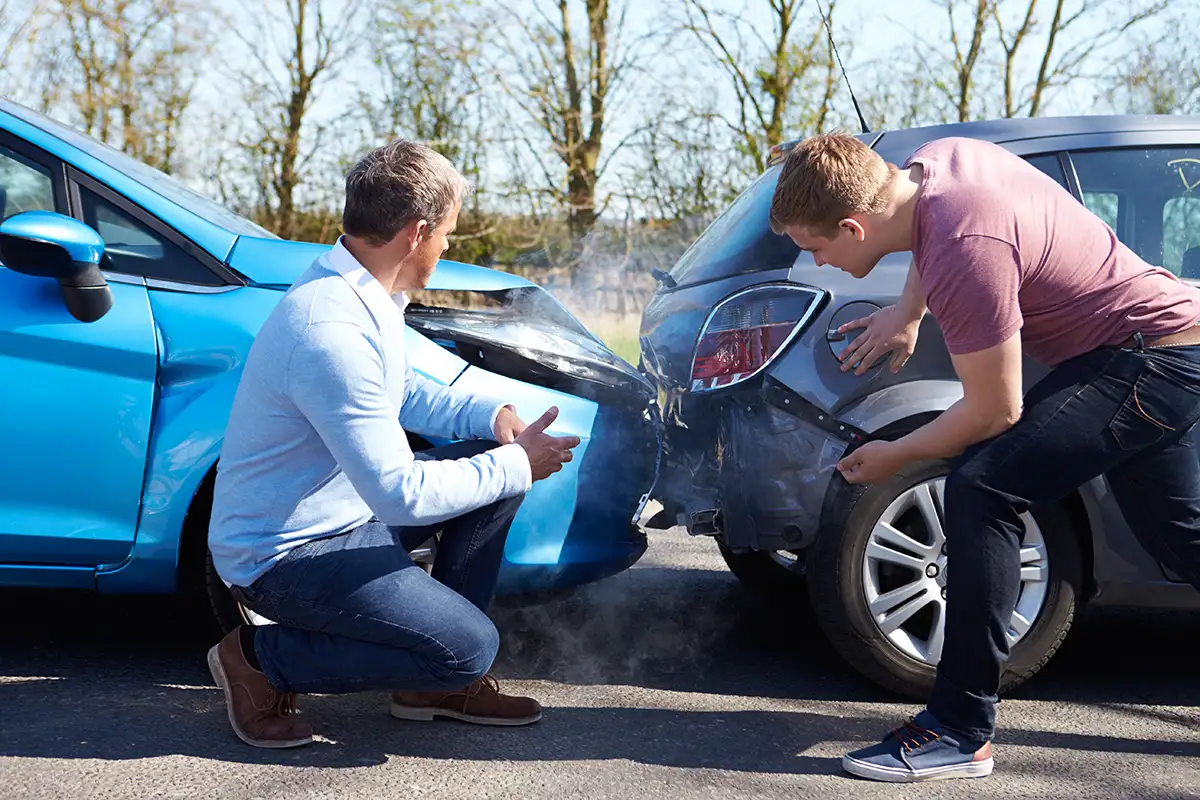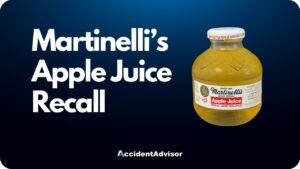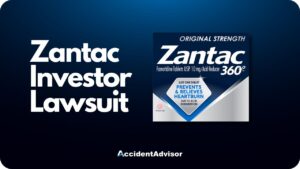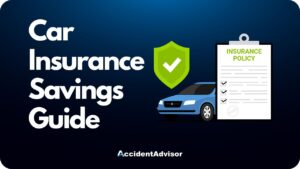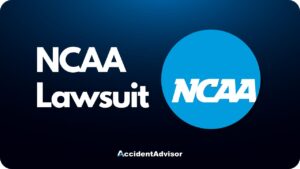“Car accident not my fault, what to do” is a common question after being in a car wreck caused by someone else. This article aims to answer the question of what to do in a car accident that’s not your fault, starting right after the accident.
After the accident, you’ll need to know how it should be reported and what your next steps should be to receive compensation for a car accident. Your first step should always be to call the authorities and get medical attention for the people at the scene, but the process of filing for a settlement to be compensated for your injuries takes weeks or even months. This article breaks down everything you need to do after being in a car accident that wasn’t your fault.
Table of Contents
- What To Do After an Accident That’s Not Your Fault
- Should I Report an Accident to My Insurance If Not My Fault?
- Steps to Take When Talking to an Insurance Adjuster After a Car Accident
- How Is Fault Determined in a Car Accident?
- How Does Insurance Work When It’s Not Your Fault?
- Suing for Car Accident That’s Not Your Fault
- Conclusion
What To Do After an Accident That’s Not Your Fault
The question of what to do in a car accident that’s not your fault starts at the scene of the accident. Safety should be your priority, but you should also be gathering information and reporting the accident to the proper authorities to start the compensation process the right way.
Pull to a safe location if possible
Your first duty regardless of who was at fault for the accident is to the safety of yourself and your passengers. If possible, move your car to a safe location. Make sure you stay near the scene of the accident and be aware of the damage to your car before moving it to avoid hurting anything or anyone.
Check for injuries
Car accident injuries can be severe and apparent, but they can also be deceptive. You or your passengers may have sustained injuries such as concussions, whiplash, or body lacerations that need to be examined before the person moves. According to the CDC, over 2.1 million people per year require emergency room care as a result of a car crash.
Unless someone is at further risk of injury such as from a fire, you shouldn’t move anyone with injuries, including yourself. Wait until paramedics arrive on the scene.
Call the Police or 911
Even if there are no apparent injuries in the accident, call the police or 911 as soon as you have secured the safety of yourself and your passengers. A police report is a vital step to establishing fault in an accident, which will impact your compensation later.
Remember to let the police know if anyone is injured so medical personnel can follow them to the scene and document the injuries.
Exchange Information with the At Fault Driver and Witnesses
In a car accident that’s not your fault, you must exchange information with the at-fault driver to begin establishing your case. This information includes their name, address, car make and model, insurance policy number, driver’s license number, and plate numbers. This information will likely be recorded in the police report as well.
You should also collect the contact information of any relevant witnesses. Witness statements can be a significant factor in establishing fault in a car accident, which will affect your ability to make a successful settlement. Take pictures and video of the scene to have a visual record of the situation.
Seek Medical Attention
Regardless of your assessment of your injuries, you should always seek medical attention immediately after a car accident. If you don’t, the insurance adjuster could claim that you weren’t injured in the crash and sustained those injuries after the fact.
To ensure your injuries are covered in your settlement, never refuse medical attention after the accident either. Visit an accredited emergency room or primary care physician as soon as you can to have your injuries documented.
Report the Accident to the At-Fault Driver’s Insurance Company
In addition to notifying your insurer about the accident, you should also notify the at-fault driver’s insurance company. This is another reason to get their name and policy number.
If you hope to be compensated for damages, the at-fault driver’s insurer must be notified of the accident. Delaying notification can lead to issues in your claims process.
Maintain a list of expenses and keep receipts
To calculate compensation, you must keep a detailed account of your expenses following the car accident. These include medical expenses, such as the treatments you receive, tests you need, and medications you buy. Remember to include predicted expenses for treatments that you will need in the future.
Keep a list of anything you spend related to your accident and keep receipts so the timeline of events is clear to the adjuster. These include not only medical expenses but also car repairs, therapy sessions, and legal costs.
Should I Report an Accident to My Insurance If Not My Fault?
Yes, if you’re involved in an accident that’s not your fault, you should absolutely report the accident to the police and both insurance companies. Even if the accident is not your fault, you can still be held legally liable if you fail to report it promptly.
Generally, you have 30 days to report the accident, but we recommend reporting it to the relevant authorities and companies as soon as possible to begin your claims process.
Steps to Take When Talking to an Insurance Adjuster After a Car Accident
When talking to an insurance adjuster after a car accident that’s not your fault, follow these basic steps to ensure that you do not incriminate yourself.
- Never talk to an insurance adjuster at the scene of the accident – Just as you will be gathering evidence to establish fault, the insurance adjuster will be trying to get the insurance company off the hook. Refrain from making any statements to the adjuster at the scene, positive or negative.
- Never talk to the insurance adjuster from the other driver’s insurance company – There’s never any reason for you to discuss the accident with the other driver’s insurance representative. That’s a job for your attorney and any relevant authorities.
- Be cautious when speaking with the insurance adjuster from your own insurance, if applicable – When speaking to your own policy’s adjusters, if necessary, speak only with verified facts. Statements made in the police report or witness accounts should be enough, including times and dates. Anything else can incriminate you and impact your settlement.
- Refuse to make a recorded statement – Some adjusters request to record your statement, but this can often lead to drivers incriminating themselves. You are not legally required to go on the record with the adjuster.
- Never apologize or opinionize – Stick to the facts when speaking with the adjuster, avoid statements that could be construed as guilt like an apology, and don’t offer opinionative statements, especially about how you’re feeling. All it takes is for you to say you’re “feeling fine” to potentially endanger your settlement.
- Refuse their first settlement – The adjuster will always lowball the first settlement, hoping to buy off drivers that aren’t represented by a car accident attorney. Never accept an offer without reviewing it with your lawyer.
- Know when to cut off communication – Don’t let an adjuster hound you for incriminating details. If you don’t have any more information to give them, tell them that you are no longer interested in discussing the accident, which you are not legally obligated to do.
How Is Fault Determined in a Car Accident?
Fault is determined in a car accident according to state law. In some states, fault works on an all-or-nothing system of blame called comparative negligence. In those states, drivers are assigned a percentage of the blame and are compensated for the other driver’s percentage. For instance, if you are deemed 30% responsible for the accident, you will receive 70% of the settlement.
In a modified comparative negligence state, fault works differently. In these states, the driver with 51% or more of the blame pays 100% of the settlement.
To determine fault, many factors are considered, including the police report, witness statements, and physical evidence. A driver who breaks traffic laws or who acts inappropriately following the accident is more likely to be declared at fault.
At Fault vs No Fault States
38 states are considered at-fault states while the remaining 12 are no-fault states. The difference is that in no-fault states, insurers pay out equally regardless of who caused the accident. Both your and the other driver’s policies would pay out based on the claims they receive without taking fault into account.
Find out the fault status of your accident with this list of the no-fault states: Kentucky, Massachusetts, Minnesota, Michigan, Florida, New York, New Jersey, Pennsylvania, North Dakota, Utah, Kansas, and Hawaii. The no-fault status of these states’ legislation is a reason why most of them require Personal Injury Protection (PIP) on a driver’s policy.
How Does Insurance Work When It’s Not Your Fault?
In a car accident that’s not your fault, the at-fault driver’s policy will most likely cover the damages. However, that policy may not have sufficient coverage to give you the settlement you deserve, which could include replacing your car or paying for expensive ongoing medical treatments.
In that case, your policy’s collision protection would pay for the rest of the damages, provided the adjuster agrees with you and your attorney’s estimation of the costs based on the evidence.
However, in some cases, neither insurance policy has sufficient coverage to pay for the damages, especially in a case involving serious injuries. In that case, you may need to file an auto accident lawsuit against the other driver to cover the damages not paid by the insurers.
Suing for Car Accident That’s Not Your Fault
A car accident attorney is an essential asset if you decide to sue the negligent driver for these additional costs. Insurance policies normally cover economic damage like lost wages and property damage as well as minor medical damages. However, a major injury may not be fully compensated by the other driver’s policy, especially for future medical charges.
This is why your injuries and the necessary treatments must be well-documented. An attorney can help you assemble the evidence needed to make a successful case for compensation against the driver if their insurance policy fails to cover your major injuries.
Conclusion
After being deemed responsible for an at-fault accident, a driver’s insurance premium can rise as much as 34%, according to financial studies. This is why you must know how fault is assigned, how to avoid being deemed at fault for an accident, and what steps to take when a car accident is not your fault. Use the expertise of an experienced car accident attorney to help you assemble, organize, and schedule your case to get the compensation you deserve for an accident that was not your fault.
It’s also important to learn what NOT to do after a car accident.

Rocky Horton
Author
Rocky Horton is a health and safety expert from Chapel Hill, NC. He is the founder of AccidentAdvisor and has been featured in Forbes, Bloomberg, and other publications. Learn more.

